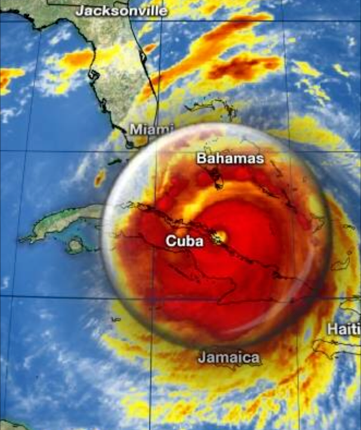Have you ever been talking with someone, sharing something with them, and when you asked them a question, their answer seemed way off?
Or maybe they were quick to say, could you repeat the question? I am not sure that I heard that right.
Or perhaps they were honest and said, I’m sorry, I wasn’t listening as well as I should have been, would you please tell me again and I will pay better attention? (Don’t know about you, but I seldom hear that one, and I will be honest – I probably admit to it no more than I hear it!)
What is it about us humans that we have such a hard time admitting things like that? Is it really so embarrassing?

I know for myself personally, having to admit that I wasn’t focused on what someone was saying, is so hard because I don’t want to hurt their feelings. Which is laughable, because if I don’t want to hurt their feelings, then why don’t I just stay focused on what they are saying?
It isn’t always that my mind wanders while people are talking (although it does happen), sometimes it is because I am doing multiple things and the timing for me to be fully engaged in them is not the best. I am distracted by the urgent things that need done. So, why don’t I explain that to them, then finish what I am doing and come back to them when I can come with undivided attention?

Maybe it is becoming a lost art.
Conversation. Real Conversation.
On the flip side, what is it about us humans that we take offense, feel hurt and rejected if someone doesn’t fully engage with us in conversation? Not just if we catch them not being in the conversation, but even if they say that they are unavailable to talk right at that moment.
The more that I read self development information, the more that I am aware that I may be viewing the situation wrong. If I immediately feel hurt when I am told that now isn’t convenient to talk, that is on me – not on the one that cared enough to ask me to wait. Maybe that is why we don’t ask others to wait, because we don’t like being told to wait.
What is it about us humans, that when we do engage in conversation and feel listened to and also reciprocate the listening; that we feel good?
I had a brief but enjoyable conversation in Walmart yesterday with a lady named Sara from Ohio. One of the things that she said is that we don’t have to let other’s speed or stress be our speed and stress. That really hit home.
Today I reflected upon that conversation, as I was zipping around trying to get ready to head out and my mom was trying to talk to me. I caught myself being frustrated and realized that she and I were not on the same speed.
Mom’s life revolves around family and tv and meals. It is a simple life, full of stories and old memories. My life revolves around so much more. It is hard for mom to understand all that I do, and all that I am responsible for. When she was bringing up my brother and I, she was an at home mom. She made the food, helped dad with the garden, and kept our house clean and tidy. She seldom worked outside the home, I don’t really recall her volunteering or doing much away from home without all of us. Her life was her family and being a homemaker.
When it hit me that my speed was zooming past her, I made my self stop for a few moments to look her in the eye and pay attention to what she wanted to share. Then I gently explained that I needed to go, and why. I saw the hurt in her eyes, but I gave her a hug and acted as if all were fine.
For mom, on this memory loss journey, she isn’t aware that yesterday I had spent hours devoted to her and that today she had had hours with me earlier, and that tomorrow will be more of the same. Time is irrelevant to her.
That being said, it doesn’t give me the right to not periodically slow down to her speed and look her in the eye and focus on her. I just have to keep in mind that I remember it even when she doesn’t.

Thinking on this brought me to this blog. Is this something that I can flip to not only to let the hurt slip off when others explain that they can’t talk; but also integrate into my conversations with others?
Can I learn to adjust the speed and stress of my life to someone else’s? Just for long enough to guide our time-ships side by side to have that focused conversation?
Can I be that example to others as well, that while there is so much to do that it can never all be done, that life is fleeting and connecting to another human is vital?
Thank you for focusing on me!
Focused on you, Amy
Please remember to like, follow and share! We would be lost without you!
photo credit:
unsplash.com (found by Shane Mashke)
Man on phone: Arthur Edelman
Blurry photo: GOA Shape
Children: Joshua Clay

